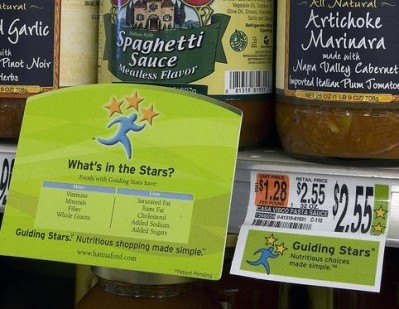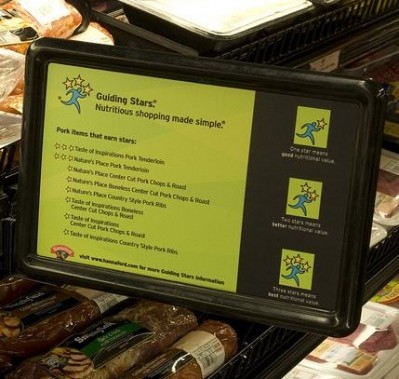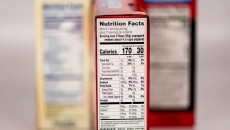Smart Choices front-of-pack labeling under attack

The Smart Choices labeling scheme was introduced across the US one month ago and was touted as an “at-a-glance assurance” that foods have met science-based nutrition criteria supported by the Dietary Guidelines for Americans, with input from nutritionists, scientists, consumer organizations and industry leaders.
But the scheme has been criticized for allocating the program’s simple green check mark to foods like Kellogg’s Froot Loops and Frosted Flakes, and General Mills’ Cocoa Puffs. According to the scheme, they have been included as ‘Smart Choices’ because of their fiber and micronutrient content, and while their sugar content is considered to be low enough per portion to qualify (Froot Loops has 12g per serving – the maximum allowed under the scheme), many nutritionists have slammed the program’s decision to include them.
Criticism
Nutrition and public policy expert Marion Nestle, speaking to CBS News, said: “The point of this program is to make processed foods look healthy, when what you really want people eating is foods that have been as minimally processed as possible.”
She said she was amazed to see the logo on Froot Loops because of its high sugar content.
Walter Willett, chairman of the nutrition department of the Harvard School of Public Health, was quoted in the New York Times as saying that the inclusion of sugary cereals was “a blatant failure of this system and it makes it, I’m afraid, not credible.”
“Positive aspects”
Mary Lee Watts of the American Society for Nutrition, who was part of the staff that worked on the Smart Choices program, told FoodNavigator-USA.com: “We are disappointed in some of the coverage in that it didn’t focus on any of the positive aspects – and there are a lot.”
She mentioned, for example, that fruit, vegetables and extra-lean meat all qualify automatically. As for sugar, she said: “Right now in the US there’s no benchmark around added sugar. In the cereal aisle the thing of central concern is added sugar…It has been a lightening rod for some time.”
Watts said that when the Dietary Guidelines for Americans are revised next year, the Smart Choices program criteria will be “revised accordingly”.
FDA weighs in
As early as August 19, the Food and Drug Administration (FDA) issued a letter warning the program’s leaders that it would closely monitor its choices for inclusion.
The letter said: “FDA and FSIS [Food Safety and Inspection Service] would be concerned if any FOP labeling systems used criteria that were not stringent enough to protect consumers against misleading claims; were inconsistent with the Dietary Guidelines for Americans; or had the effect of encouraging consumers to choose highly processed foods and refined grains instead of fruits, vegetables, and whole grains.”
However, the FDA acknowledged the need for a simple system to counter the proliferation of competing front-of-pack labeling schemes, based on different nutrient criteria, which are “likely to confuse consumers”.
Watts said that it is important to note that more than 2000 products are now registered with the program, which is continuing to roll out across the country, but very few had been challenged.
“This was not just made up,” she said. “The program took two years to develop…It was led by scientists and non-profit organizations.”




















